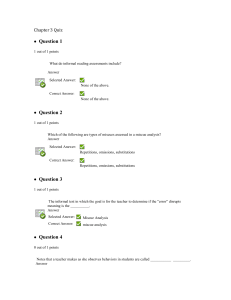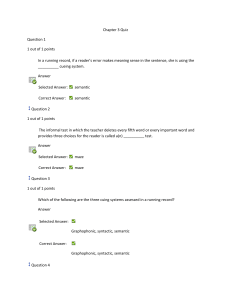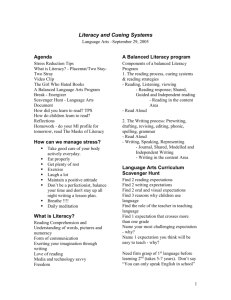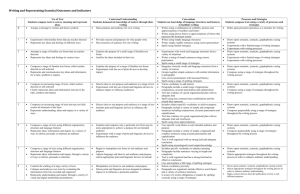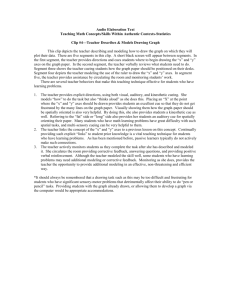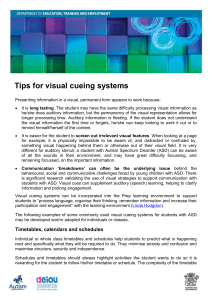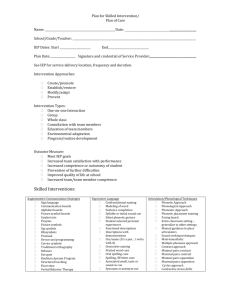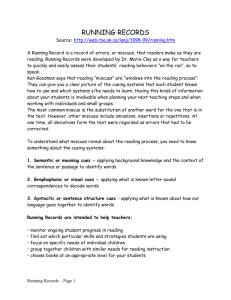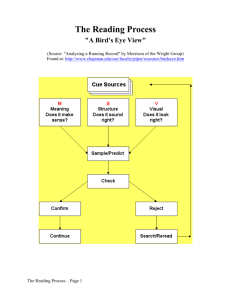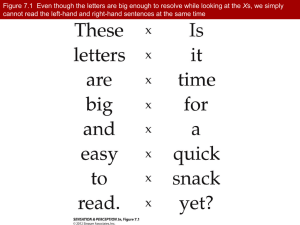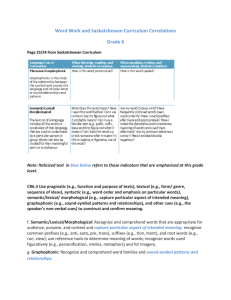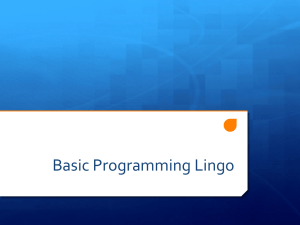Shedding the light on reading
advertisement
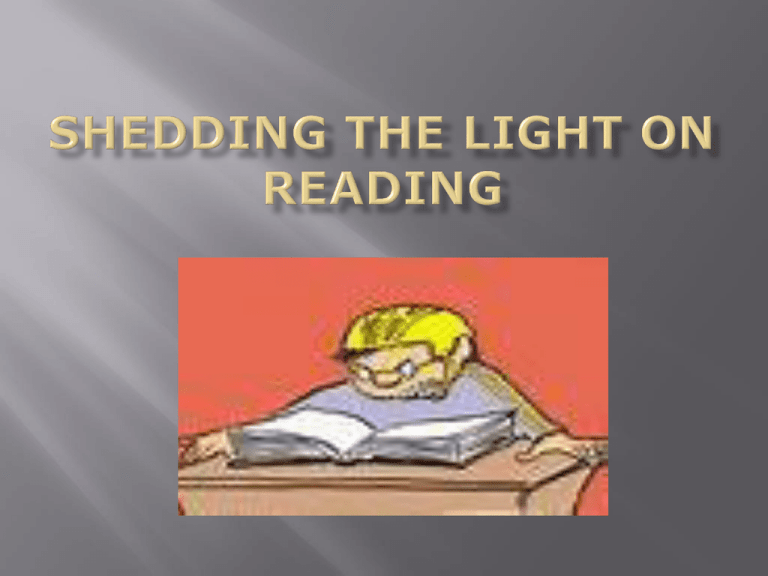
1. graphophonics = letters and their sounds 2. syntax = grammar and sentence structure 3. pragmatic = how words are used in familiar situations applied to similar situation described in new text 4. semantics = meaning of words We need to use ALL of these in order to understand what we read! From “What’s Your Cue? Incorporating the Semantic and Graphophonic Cueing Systems into Students’ Reading” Brandi R.P. Thacker Next time your child comes to a tricky word, use these 4 steps to success to help them figure it out. It’s so much more than just “sounding it out”. This helps us to use the SYNTAX, SEMANTIC and PRAGMATIC cueing systems to help figure out the word. The most important thing to ask is “what word MAKES SENSE in this sentence?” From “What’s Your Cue? Incorporating the Semantic and Graphophonic Cueing Systems into Students’ Reading” Brandi R.P. Thacker This helps us to use the GRAPHOPHONIC cueing system to match the words with the same letters and sounds. From “What’s Your Cue? Incorporating the Semantic and Graphophonic Cueing Systems into Students’ Reading” Brandi R.P. Thacker BEFORE AFTER http://www.edu.gov.on.ca/eng/literacynumeracy/parentGuide Lit2012.pdf http://www.edu.gov.on.ca/abc123/eng/tips/readkto3.html http://www2.ed.gov/parents/read/resources/edpicks.jhtml http://www.readingrockets.org/audience/parents Also, students are often more engaged by technology. Let them read articles on the internet of interest to them, or video game manuals, or play reading games on the computer. There are many ways we can help our students to enjoy reading while getting better at it. Please visit my website for links to some other sites of interest (mrsmclean.ca).
